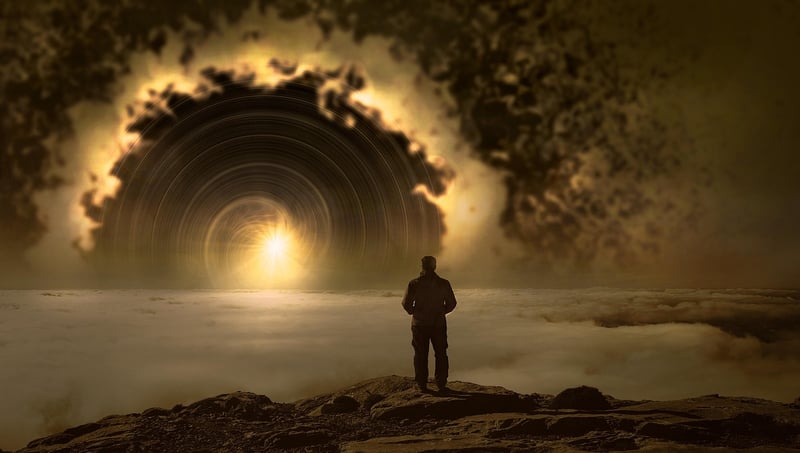Black Hole Studies
Navigating the Cosmic Realm: A Journey into Black Hole Studies
Welcome to the mysterious and captivating world of black holes - the enigmatic cosmic entities that continue to intrigue and fascinate astronomers and space enthusiasts alike. In this article, we will embark on a journey into the depths of black hole studies, exploring the latest research and discoveries in this fascinating field of astrophysics.
What are Black Holes?
Black holes are regions in space where gravity is so intense that nothing, not even light, can escape their grasp. They are formed when massive stars collapse under their gravity, creating a singularity - a point of infinite density at their core.
Studying Black Holes
Scientists study black holes using a variety of techniques, including observing their effects on nearby objects, detecting the radiation they emit, and simulating their behavior using advanced computer models.
Key Research Areas
- Black Hole Growth: Researchers study how black holes grow in size by accreting matter from their surroundings.
- Black Hole Collisions: The collision of black holes can create ripples in spacetime known as gravitational waves, providing valuable insights into these cosmic phenomena.
- Black Hole Information Paradox: Understanding what happens to information that falls into a black hole is a major puzzle in physics.
Recent Discoveries
Recent studies have revealed exciting new insights into black holes, including the first-ever image of a black hole captured by the Event Horizon Telescope, the detection of gravitational waves from black hole mergers, and the discovery of supermassive black holes at the centers of galaxies.
Exploring the Unknown
As technology advances and our understanding of the cosmos deepens, researchers continue to push the boundaries of black hole studies, unraveling the mysteries of these cosmic giants and their profound impact on the universe.
Join us on this thrilling journey through the cosmic realm, where black holes reign supreme and the quest for knowledge knows no bounds.

Image Source: Pixabay
